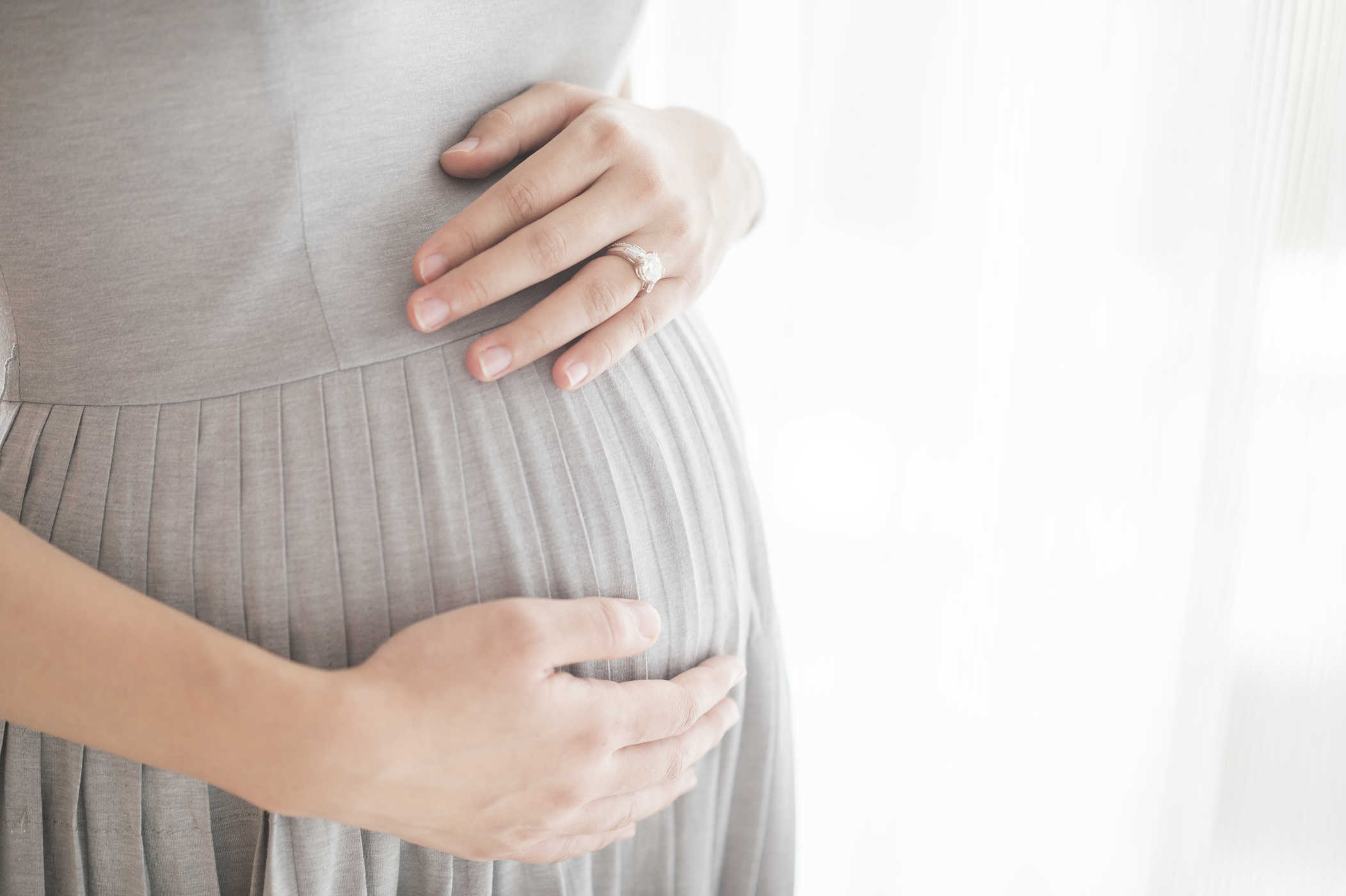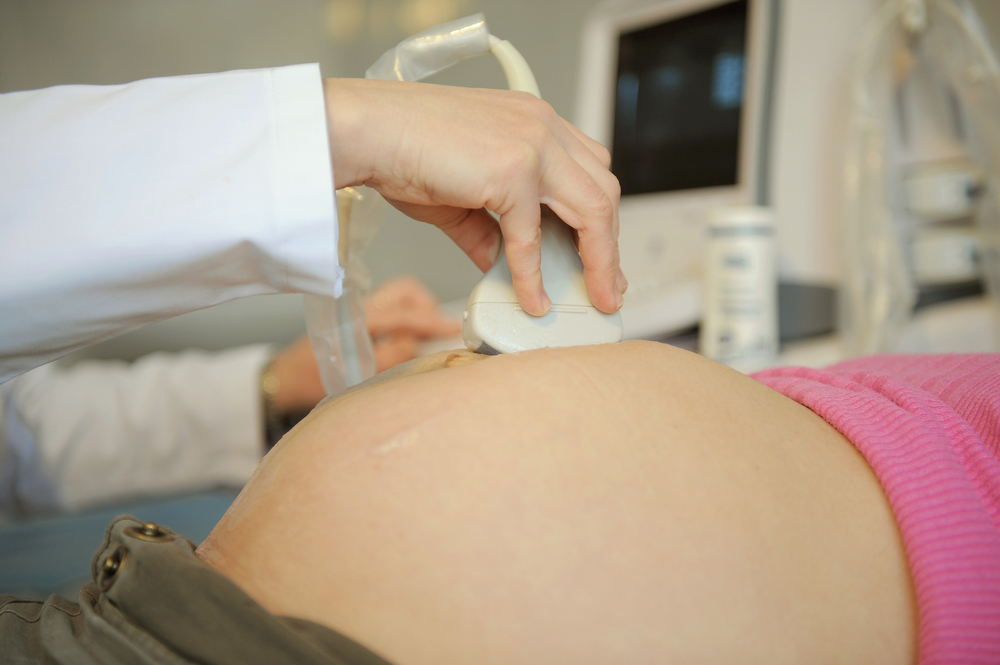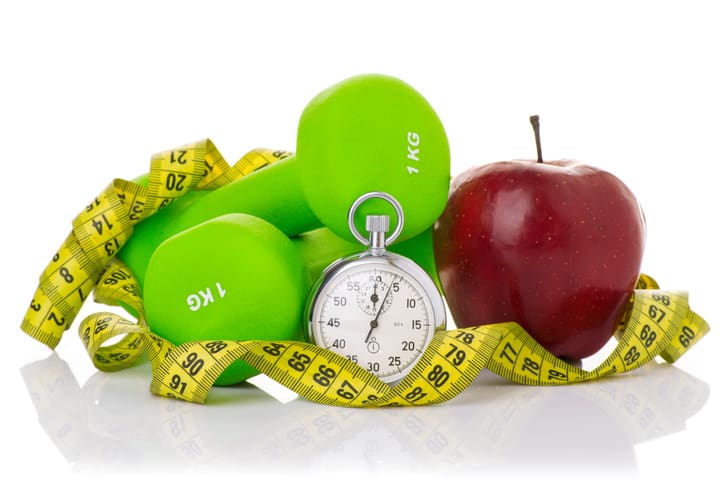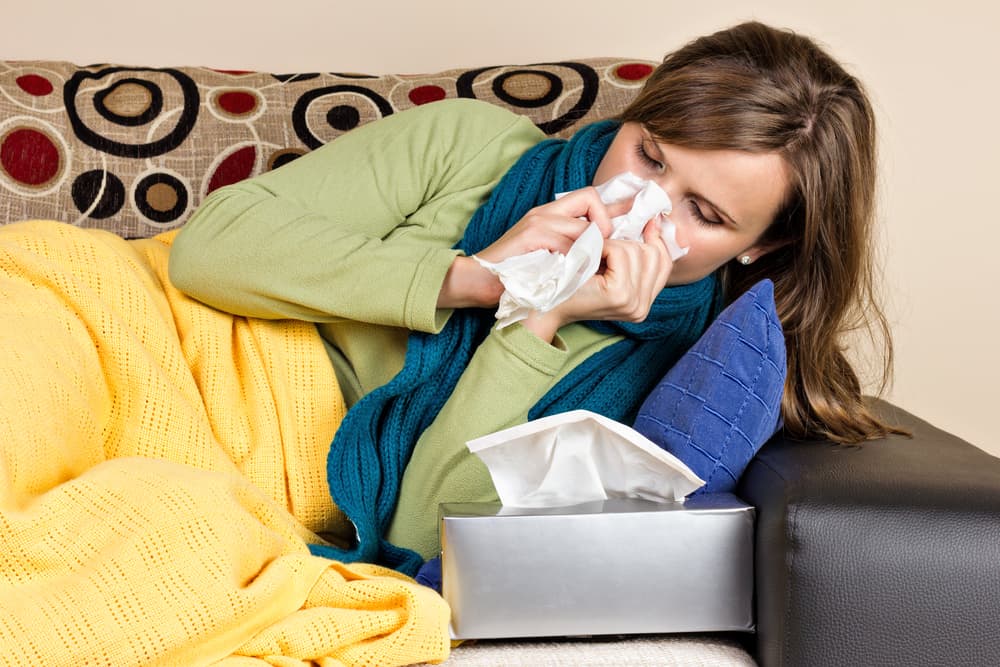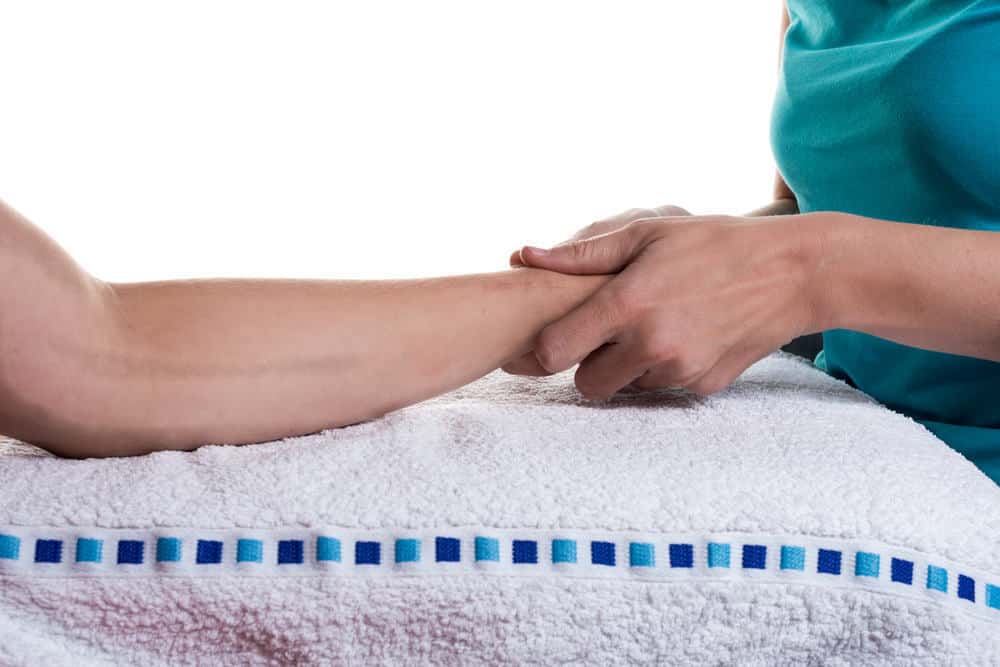Contents:
Medical Video: Top 10 Solutions for Infertility with Dr. Patrick Flynn
During pregnancy, you may experience a number of irritating problems that are harmless but still need attention. These problems include cramps, alternating urination and incontinence (bedwetting), heartburn and indigestion, varicose veins, back pain, constipation, hemorrhoids, canker sores. Fortunately, some simple changes can often relieve symptoms. Always contact your doctor or midwife if you have any specific concerns about this or other health problems during your pregnancy.
1. Cramps
Cramps in the legs are the most common reported pregnancy during the second half of your pregnancy, and usually occur at night.
Although the exact cause of cramps during pregnancy is unknown, you can prevent it by:
- Calf stretch. Stand with a range of arms from the wall, facing the wall. Position your right foot behind your left foot. Slowly, bend your left leg forward while keeping your right knee straight and the right heel steady on the floor. Hold the position for 30 seconds, keeping your back straight and hips forward. Don't turn your feet inward or outward, and avoid stretching your toes. Change legs and repeat
- Stay active throughout the day
- Take magnesium supplements
- Sufficient fluid intake
- Choose comfortable footwear
If you experience cramps, stretch your legs on the mattress and pull your toes towards your knees. This position will stretch your calf muscles and help relieve pain. If this method doesn't work, try standing up and making a big step forward with the legs not cramped to stretch the cramped leg muscles. Keep your feet flat on the floor to increase strain intensity.
When the pain fades, you can massage or compress the area with warm water or warm patches.
2. Constipation
You may experience constipation very early in pregnancy because of hormonal changes in the body. There are a number of things that can help you prevent and treat constipation, including:
- Eat foods high in fiber, such as whole wheat bread and cereals, fruits and vegetables, and nuts and seeds - at least 30-40 grams of fiber every day.
- Exercise regularly, to keep your muscles tight - walking is the right choice.
- Increase body fluid intake - at least 6-8 glasses of water every day
- Avoid iron supplements, because it can make you constipated - ask your doctor whether or not you should take this supplement and can you change it to another type.
- Take laxatives that are safe for pregnant women, such as lactulose. If you need other options, consult your doctor
Try to prevent or overcome constipation. In this way, you will feel more comfortable and will be able to avoid hemorrhoids.
However, if you already suffer from constipation which leads to hemorrhoids ...
3. Hemorrhoids
To relieve pain from hemorrhoids during pregnancy:
- Place cold compresses or ice cubes wrapped in a clean cloth on your anus to reduce swelling and irritation
- Keep your anal area clean by gently washing every time you defecate
If this advice does not help or your hemorrhoids get worse or start bleeding, contact your health care provider. For many women, hemorrhoids heal on their own after giving birth. If hemorrhoids persist, surgery may be recommended.
4. Go back and forth to urinate
Alternating normal and general urination becomes a problem for pregnant women in the first 12-14 weeks of pregnancy. After that, the frequency of urinating is usually not a problem until the last week of pregnancy, when your baby's head drops lower towards the pelvis ready for labor.
If you often complain about the hassle of having to go back and forth to the bathroom at night, try limiting drinking water and other liquids at night before bedtime. However, don't reduce the amount of fluid you consume - you and your baby still need lots of fluids. Be sure to drink non-alcoholic liquids and be free of caffeine throughout the day.
Later in pregnancy, some women feel swinging from front to back when urinating in the bathroom helps reduce pressure from the uterus in the bladder, so you will be able to empty the urine properly.
Talk to your doctor or midwife if you experience a burning sensation, stinging pain, or backache when you urinate. This can be a sign of urinary tract infection, which must be treated quickly to avoid complications.
5. Bedwetting
Incontinence, or bedwetting, is a problem for pregnant women both during and after pregnancy. Pregnant women sometimes cannot prevent sudden urinary surges or small leaks when they cough, laugh, or sneeze, or when they move suddenly, or just get up from a sitting position. This may be temporary, because the pelvic floor muscles (the muscles around the bladder) loosen up slightly to prepare for the birthing process.
Overcome bedwetting by strengthening the pelvic floor muscles using Kegel exercises. In addition, a physiographer will also teach pelvic floor exercises during antenatal classes.
Talk to your doctor or midwife if you still experience continuous bedwetting.
6. Bloating and Ulcer
Indigestion in early pregnancy is caused in part by hormonal changes, and as you get older, this disorder is caused by a growing uterus pressing on your stomach.
In some cases, changes in diet and lifestyle may be enough to control digestion, especially if the symptoms are mild. If you have severe digestive disorders, or if your diet and lifestyle changes don't work, your doctor or midwife can suggest using drugs to help relieve symptoms. Some medicines for digestive disorders are safe to use during pregnancy, such as antacids, omeprazole, ranitidine and alginate.
You can also try to avoid bloating with:
- Eat small meals, and avoid fatty and spicy foods.
- Bloating can be worse if you lie down after a big meal.
- Increasing the head's rebuttal when sleeping about 15 cm can help overcome bloating at night.
- Sometimes, drinking a glass of milk or eating a few spoons of yogurt can help prevent and relieve heartburn.
Talk to your doctor or midwife if you are still experiencing ongoing heartburn.
7. Feeling you want to faint
Pregnant women often feel like fainting, due to turmoil in hormonal changes in the body. Fainting occurs when your brain doesn't get enough blood and oxygen. You will be more likely to faint when standing quickly and suddenly after sitting or lying down.
To overcome the feeling of fainting:
- Try to get up slowly from sitting or lying down
- If you still feel you want to faint, immediately find a place to sit or lie on your side
- If you feel like fainting while sleeping on your back, change position to sleep sideways.
It is better not to lie flat on your back in advanced pregnancy or during labor.
8. Overheating
Pregnant women often feel hot and hot, because of the turmoil of hormonal changes in the body and increased blood supply to the skin. You will also sweat more than usual.
To overcome heat:
- Wear loose clothing made from natural fibers, such as cotton, because natural fibers absorb more memory and provide space for your skin to breathe.
- Keep the room temperature cool
- Take a shower more often to keep you feeling refreshed
9. Changes in hair and skin
Hormonal changes that occur in pregnancy will make the nipples and the surrounding area darker. Your skin tone may also darken slightly, both in small patches here and there or in whole.
Birthmarks, moles, and spots can also darken. Some women develop dark lines along the diameter of their stomach. This change will gradually fade after the baby is born, even though your nipples remain dark.
Hair growth can also increase during pregnancy, and your hair may be more oily. After the baby is born, this may seem as if you have lost a lot of hair, but you only lose extra hair.
10. Varicose veins
Varicose veins are swollen blood vessels. Foot vessels are the most affected parts. You can also develop varicose veins in the vulva, although this will usually gradually improve after giving birth.
If you have varicose veins, try the tips below:
- Don't stand too long
- Avoid sitting crossed legs
- Avoid putting most of the weight on one point to avoid excessive pressure
- Sit by lifting both legs as often as possible, to relieve pain
- Try using support leggings specifically for pregnant women, which will also support your leg muscles
- Try to sleep by positioning both feet higher than your body - propped up underneath your ankles or put a pile of books under the edge of your bed.
- Perform foot sports and other antenatal exercises, such as walking and swimming, to help smooth blood circulation.
READ ALSO:
- Confused what kind of clothes would you want to wear to attend a big pregnant party?
- You could have twins without having a genetic gene
- How long should you wait to get pregnant again?

